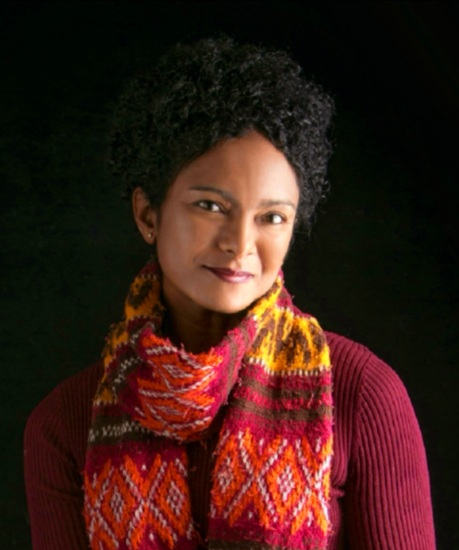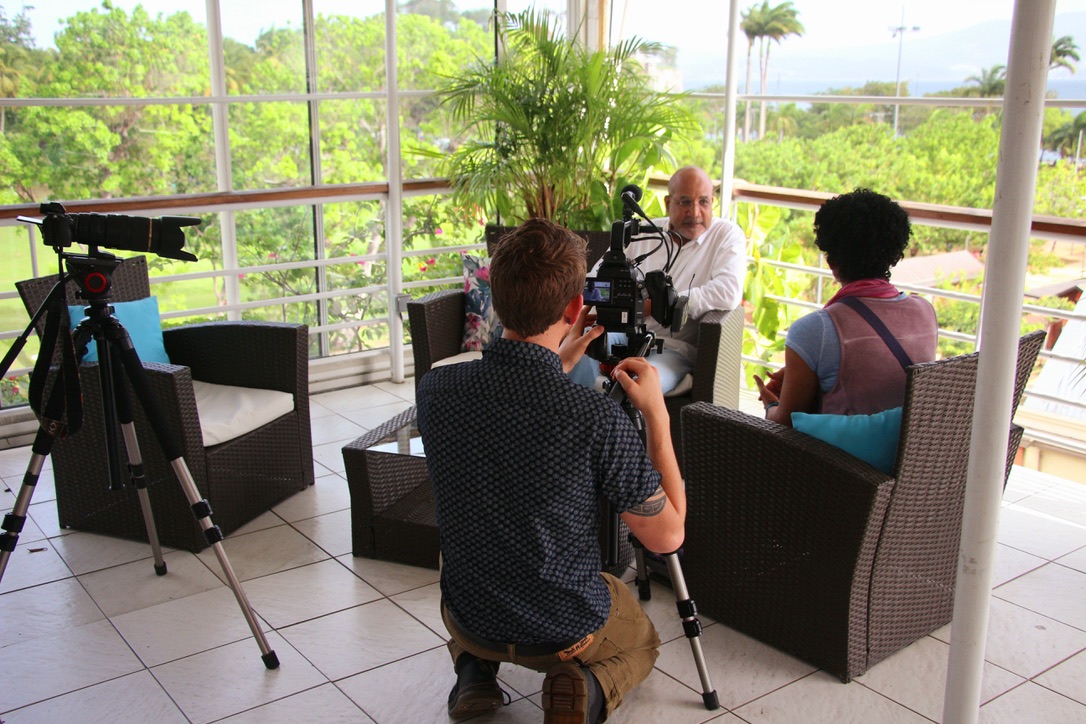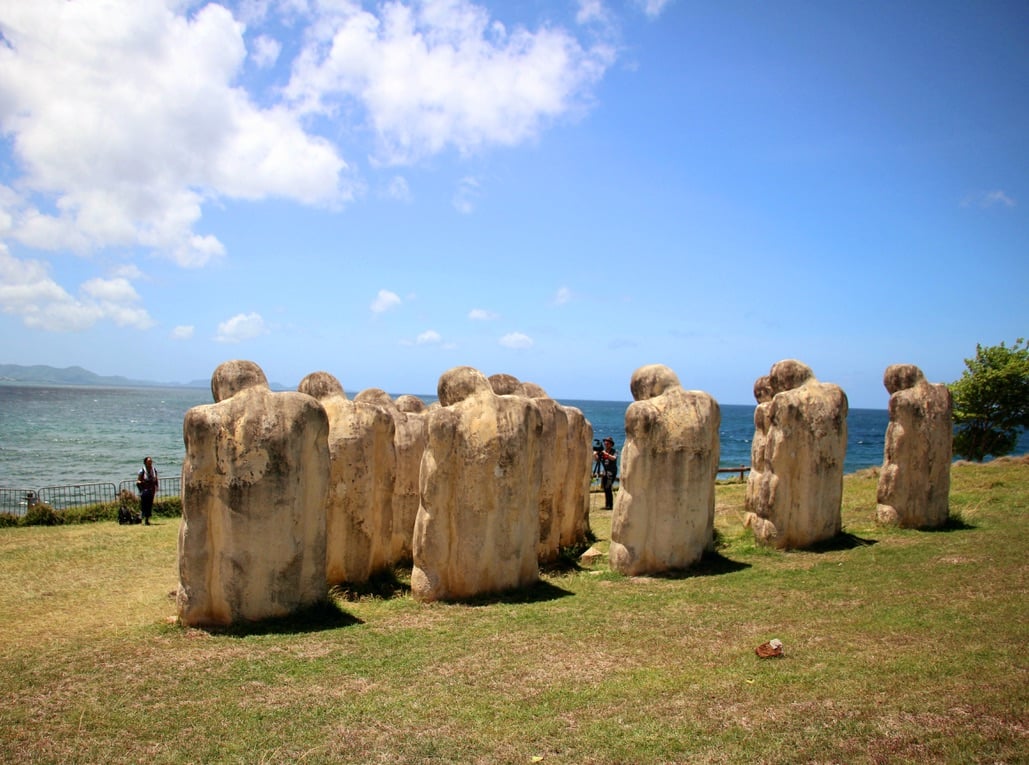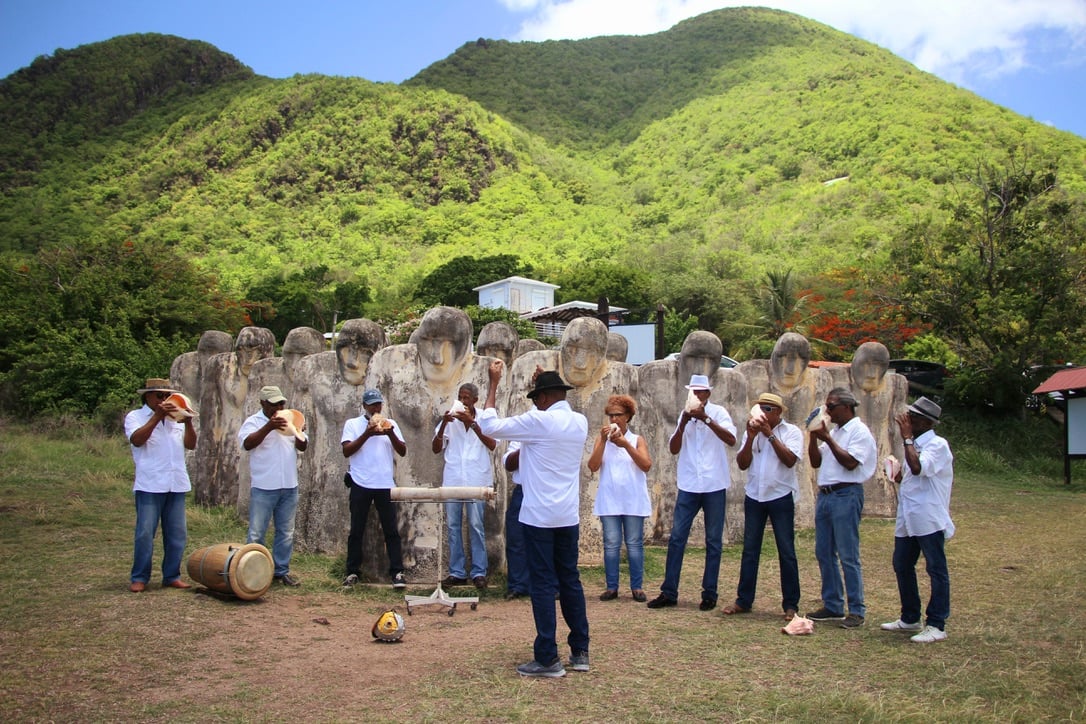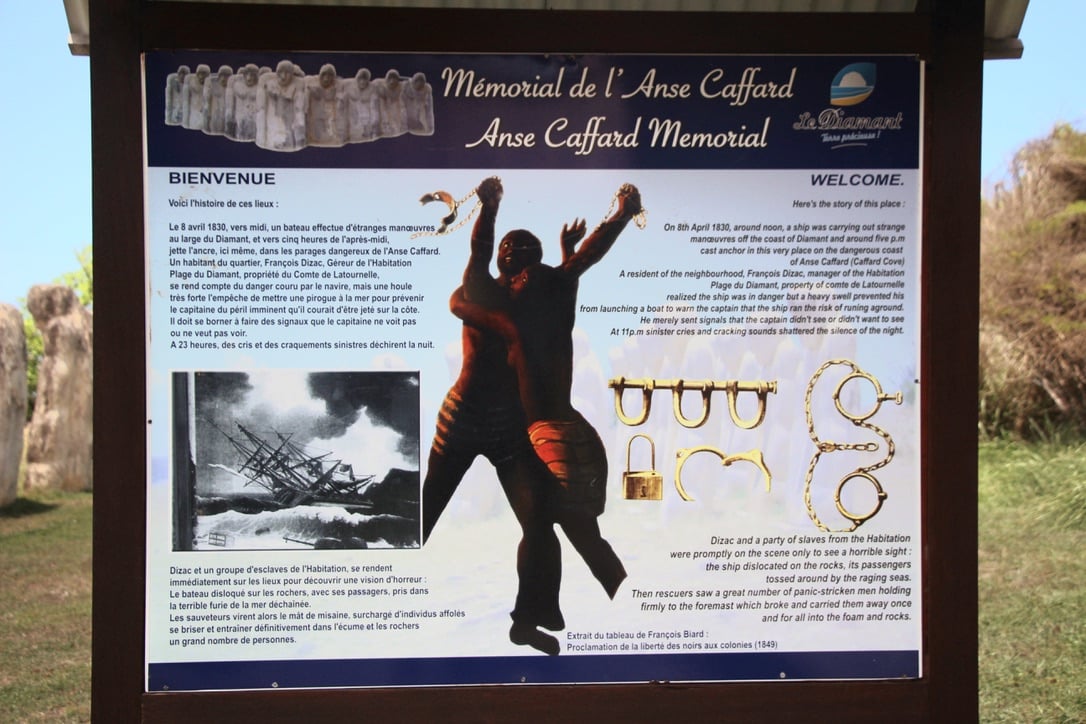Inaugural HARP grant awarded to documentary filmmaker
Safoi Babana-Hampton is the inaugural recipient of the Humanities and Arts Research Program (HARP) large-scale development grant. Presented for the first time in 2021, the $100,000 award is funded through MSU’s Office of Research and Innovation in support of faculty who are engaged in large-scale arts and humanities projects.
The documentary feature draws on the seminal historical works of critically acclaimed scholars and project collaborators Christopher Miller (Yale), Dominic Thomas (UCLA), Catherine Reinhardt-Zacaïr (Fullerton College), Annette Joseph-Gabriel (Duke), Pascal Blanchard (CNRS, France), celebrated French Martinican author Patrick Chamoiseau and Maboula Soumahoro (Université de Tours, France). Their works explore the deep transnational connections between the American and French histories of the slave trade and of slavery and probe the intersecting contemporary legacies of the Black diaspora, such as “The New Frontiers of the Race Question: from the United States to France,” “Claims to Memory: Beyond Slavery and Emancipation in the French Caribbean,” “The French Atlantic Triangle: Literature and Culture of the Slave Trade,” “Black France: Colonialism, Immigration, and Transnationalism.”
From New Orleans, Fort-de-France and Porto-Novo, Babana-Hampton’s project, “Spectral Visions of the Atlantic” is a 90-minute documentary that features three award-winning Black artists who, although they come from three different cultures and continents, carry a shared history and engage in a personal, artistic and cross-cultural dialog on what it means to be Black today in a globally interconnected world. It looks into how the French and American histories of slavery speak to each other through the cultural performance of historical memory. It recounts the experience of three Black artists, whose creative endeavors take viewers on the trail of the Black voyage and explore ways in which the history of the French transatlantic slave trade can be repurposed today toward building more equitable worlds.
This article was originally featured on the Department of Romance and Classical Studies website.
